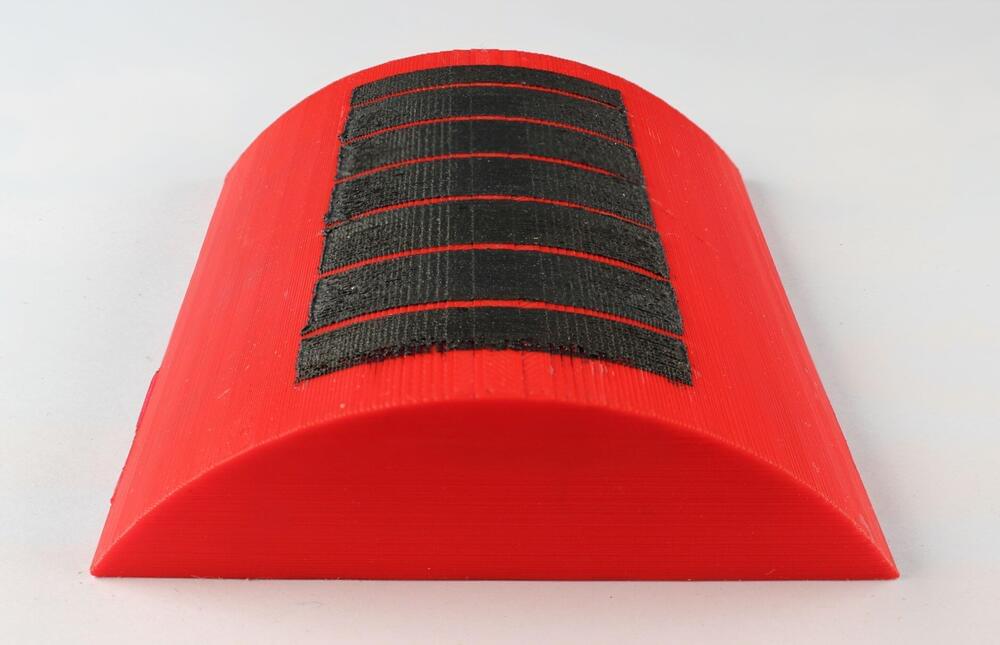More precise, faster, cheaper: Researchers all over the world have been working for years on producing electrical circuits using additive processes such as robotic 3D-printing (so-called robocasting) with great success, but this is now becoming a problem. The metal particles that make such 3D substrates electrically conductive are exacerbating the problem of electronic waste, especially since the waste generated is likely to increase in the future in view of new types of disposable sensors, some of which are only used for a few days.
This constitutes unnecessary waste, according to Gustav Nyström, head of Empa’s Cellulose & Wood Materials lab: “There is an urgent need for materials that balance electronic performance, cost and sustainability.” To develop an environmentally friendly ink, Nyström’s team therefore set ambitious goals: metal-free, non-toxic, biodegradable. And with practical applications in mind: easily formable and stable to moisture and moderate heat.
